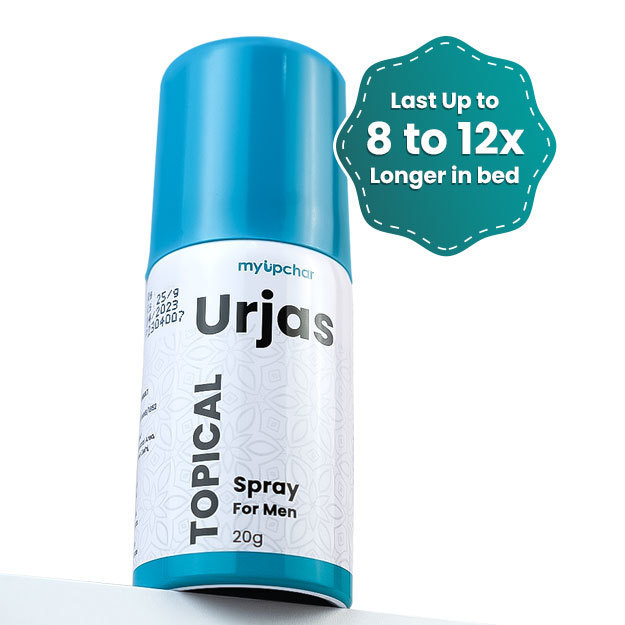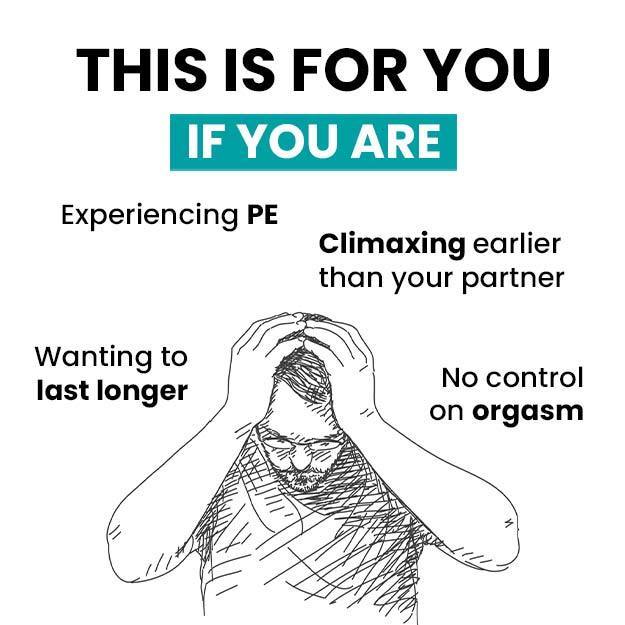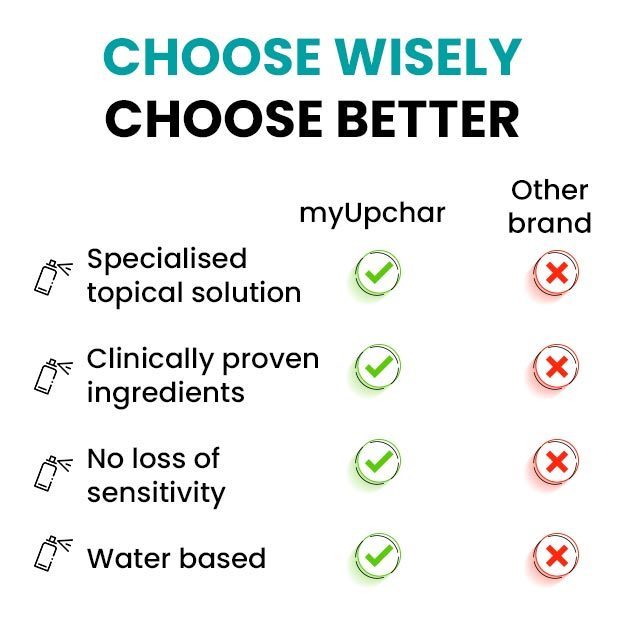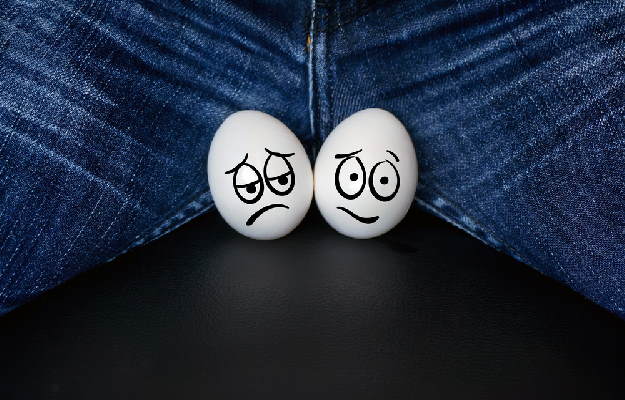Sex is an activity many individuals enjoy for a variety of reasons and often because they derive feelings of intimacy and pleasure from it. It’s important to practice safe sex; we’re reminded by medical professionals, time and again, that sex comes with its own potential side effects. But did you ever wonder if there were any harmful effects of not having sex? These effects could come into play or be of interest to you in a few different scenarios, including:
- If you’re asexual or celibate
- If you’ve never had sex and don’t plan to in the near future
- If you’ve decided to stop having sex for a period of time
In this article, we explore the impact that not having sex could have on your mental, physical and sexual health.


























